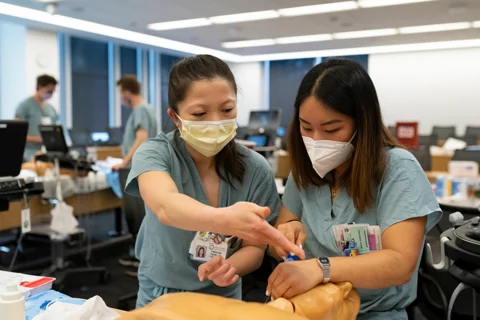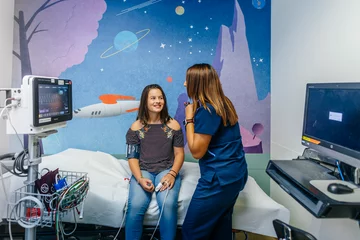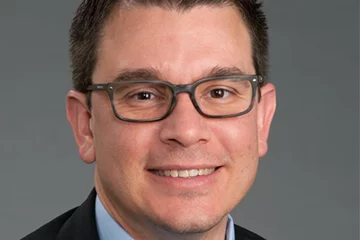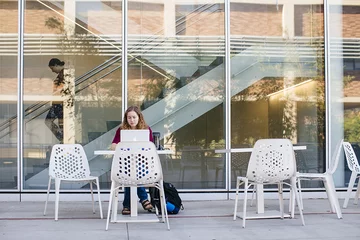A Day in the Life of Nina Vyas, UCLA Med Student
Although everyone handles their program differently, many medical students are quick to say their first year was the hardest.
It's often an overall strategy for success in medical school that determines whether or not a student earns a Doctor of Medicine (MD).
Fortunately, Nina Vyas, David Geffen School of Medicine at UCLA class of 2016, found time during her clinical years to reflect on lessons learned during her first year.
Lesson 1: You Won't Understand Everything
According to Vyas, first-year medical students—or MS1s—should remember they don't need to know everything. In fact, they can't know everything if they expect to master new material. "In undergrad," she recalls, "there was typically a finite amount of information you needed to know to do well on the exam. In medical school, however, the lectures will guide your learning but there is an infinite amount of information [that can show up on your next test]. This means it is near impossible to know everything before entering an exam."
Lesson 2: You Will Surprise Yourself
Vyas found that although she was unable to learn everything, she knew far more than she realized, especially when she entered her clinical years. She found she could comfortably assess patients, obtain histories, conduct examinations, and generate appropriate care plans.
She remembers being surprised and delighted when her attending physician agreed with her medication plan or diagnostic study. This validation helped Vyas realize she was ready to practice medicine.
Lesson 3: You’ll Learn to “Eat Your Pancakes” Every Day
Vyas thinks of study strategies in terms of a "pancake analogy" someone shared with her when she started medical school. "I was once told to compare studying for medical school to eating one pancake every day. If you put off eating your pancake Monday through Friday, you will have seven pancakes to eat on the weekend," she explains. "This is bound to end in a stomach ache and possibly even food poisoning."
Cramming study time into one weekend ultimately leads to anxiety, stress, and less free time for loved ones.
"It is much easier to study a little bit every day and stay on top of the material,” Vyas says. “Of course, there are days where you won't have time to study, but if taken into account, it is easy to make up ... and those pancakes will get a lot easier to keep down."
Lesson 4: You’ll Find Opportunities Everywhere
Vyas advises students still shaping medical school success strategies to take advantage of as many peripheral endeavors as they can while keeping their lives balanced.
"Entering medical school is just step one toward getting your MD; there are still so many more steps to becoming a successful physician," she says. "If you don't say 'yes', especially during your first year, you may miss out on many of the wonderful opportunities offered to you."
(Related Article: How to Study in Medical School)




